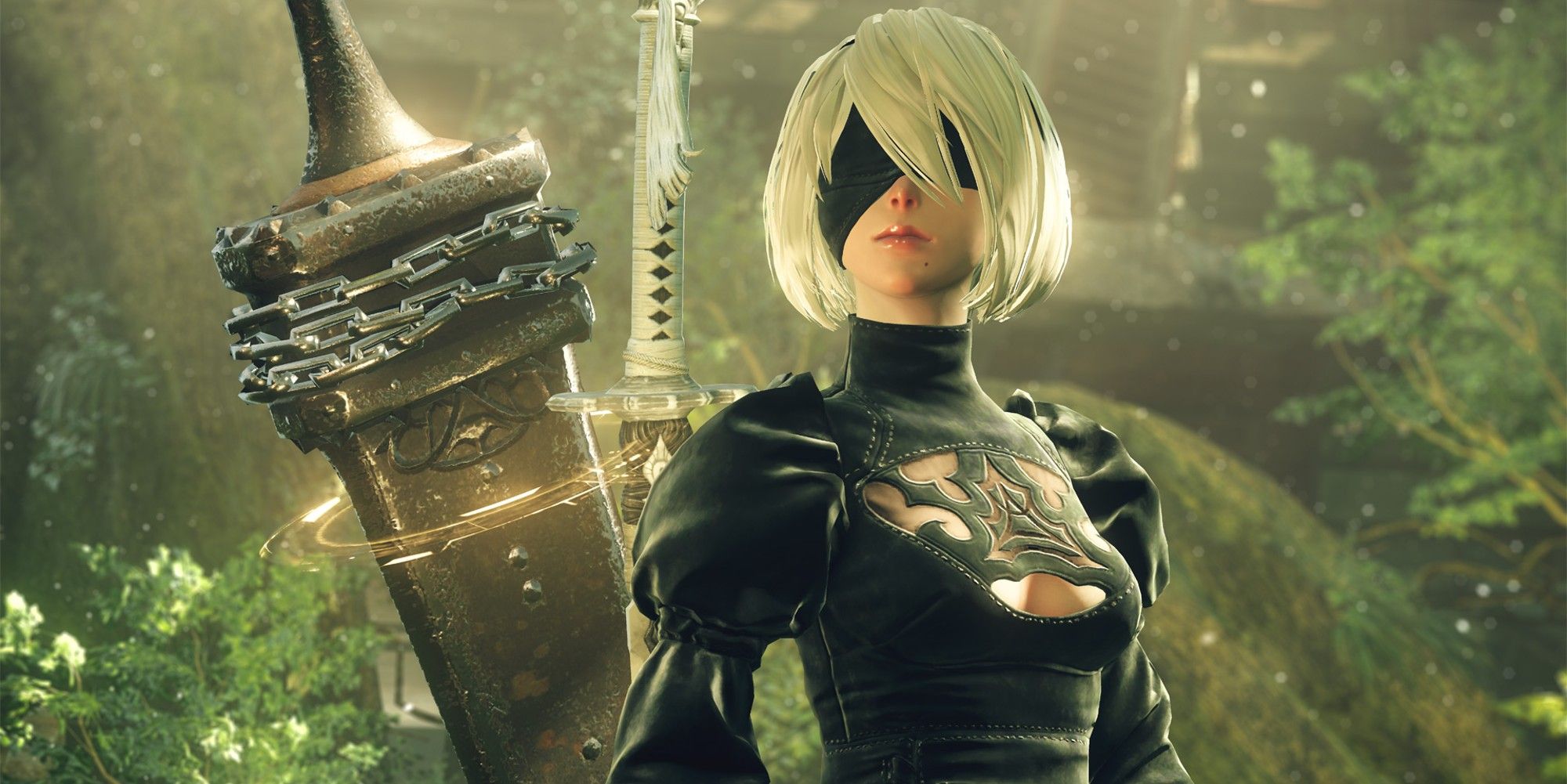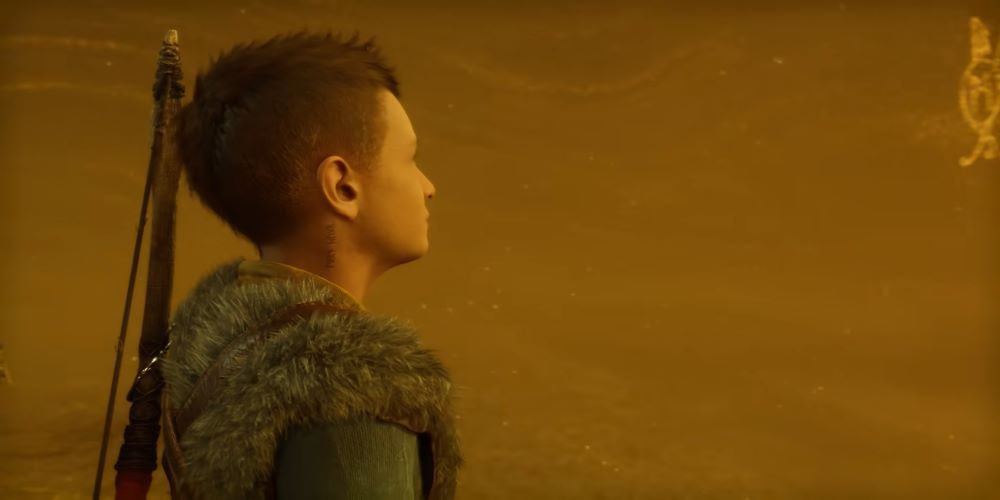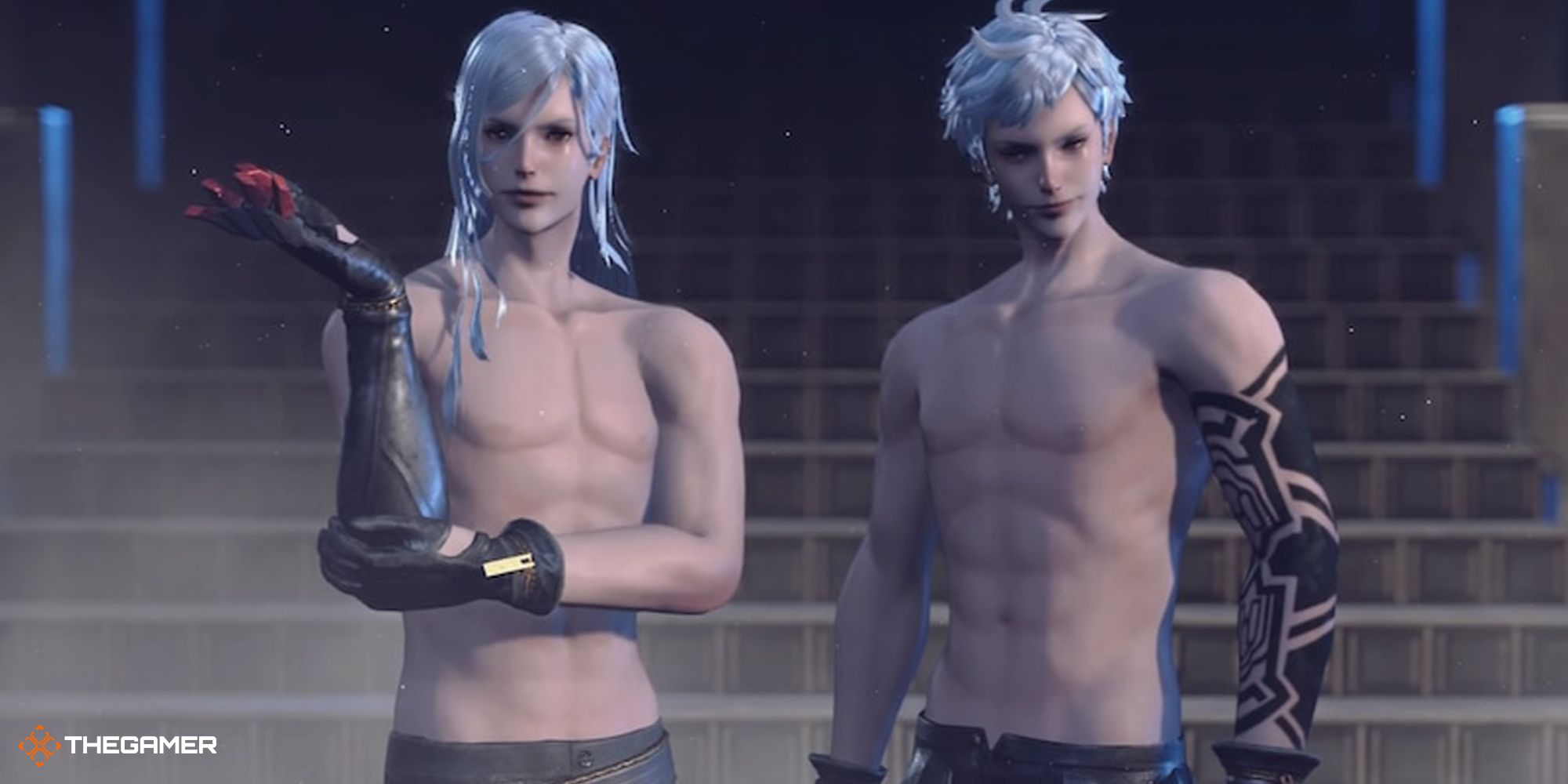A lot of reviews I've read recently have used the word 'risk'. I'm not entirely sure what we take it to mean in gaming anymore. Like visceral, it just seems to mean 'I like this'. We've seen God of War Ragnarok, Sonic Frontiers, and Pokemon Scarlet & Violet all described as risky, to various extents, and for a medium that always plays things impossibly safe, I'm always surprised at how liberally we apply whatever definition we hold of the term. While I can see the logic (even if I deeply disagree in almost all cases) in calling these games risks, in doing so we only highlight how risk-averse gaming is. No one has taken as big a swing as Nier: Automata, and gaming needs to be a little braver.
Let's look at those three recent releases in turn. God of War Ragnarok is just a little bit more of God of War (2018). That's fine. People loved the original reboot, and in turn people love Ragnarok. They love it because it gives them exactly what they want - the very opposite of a risk. In 2018, you might have called it a risk. Taking Kratos away from the hyper-violent hack 'n' slash bloodbath to a more mature and measured action RPG where Kratos contemplated his own violence was a risk. Not too huge a one, considering mature and measured storytelling was already Sony's 'thing' by then, and despite the interrogation of violence, Kratos still rips his enemies apart. However, it was still a risk. Ragnarok is not.
Ragnarok's story is relatively straightforward and never confronts the player with hard choices or does anything all that unexpected. Playing as Atreus is the biggest 'risk', and that's hardly the work of misunderstood genius. It's a very common sequel trope. Ragnarok is fine. Good, even. But a risk? Hardly. It safely relies on the formula and characters of the first game, while primarily improving the most loudly critiqued flaws of 2018's version. It's good, but it's safe.
Then there's Sonic Frontiers. This does offer more of a risk, as shown by the frenetic review scores. God of War netted almost all nines and tens - that's not the sign of a risk. Sonic had a greater range, which is often a sign that it tried new things and some players went with it while others didn't. Frontiers was Sonic's first venture into modern open-world gaming, combined with a Breath of the Wild-style freedom to explore. Of course, copying one of the most critically acclaimed games of all time isn't really a risk, and neither is trying out the most popular casual genre. In fact, progression is even tied to completion of straight platforming sections, because Sonic can't quite let go of its roots. A risk, but a minor one.
Pokemon Scarlet & Violet is similar. While Legends: Arceus set the table, Paldea is the first fully open world we've had to explore, and changing the formula is a risk. But, for the reasons outlined with Frontiers, it's also not. It's what fans have been crying out for. With Sonic, there was nothing to lose after a decade in the wilderness. Pokemon is extremely popular and while some fans wanted it to change, we all would have bought it anyway. I think, therefore, that Pokemon offers a slightly bigger risk, but the bar for our praise should be a little higher than 'finally updating a stale formula after 25 years'.
Nier: Automata did not slightly change its gameplay to fit the world's most popular genre, nor did it do what God of War Ragnarok did, which appears to be the risk of 'being a good sequel that spent millions of dollars to be just like the original but bigger'. Nier: Automata is a game you have to play several times to fully understand, each time seeing it from a new perspective, as well as a story that defies understanding to begin with. All this and you can die if you eat the wrong fish. Not just a typical video game death either, but as one of the many non-canonical endings you will rack up on the way to the canon ending. The entire game’s existence is built upon the secret ending of a PS2 game that came out decades ago none of us played. By all accounts, it is a risk that shouldn’t exist, but one that paid off.
A video game taking a risk means trying something fresh that is prepared to lose people in the aim of making things more special for those who stay. It's being prepared to leave players with questions, it's the bravery to be disliked in the pursuit of making something creatively rewarding. Very few video games take risks. Next time you consider a game risky, think about Nier: Automata. Then cross out the word 'risky' and write 'I enjoyed this'.



